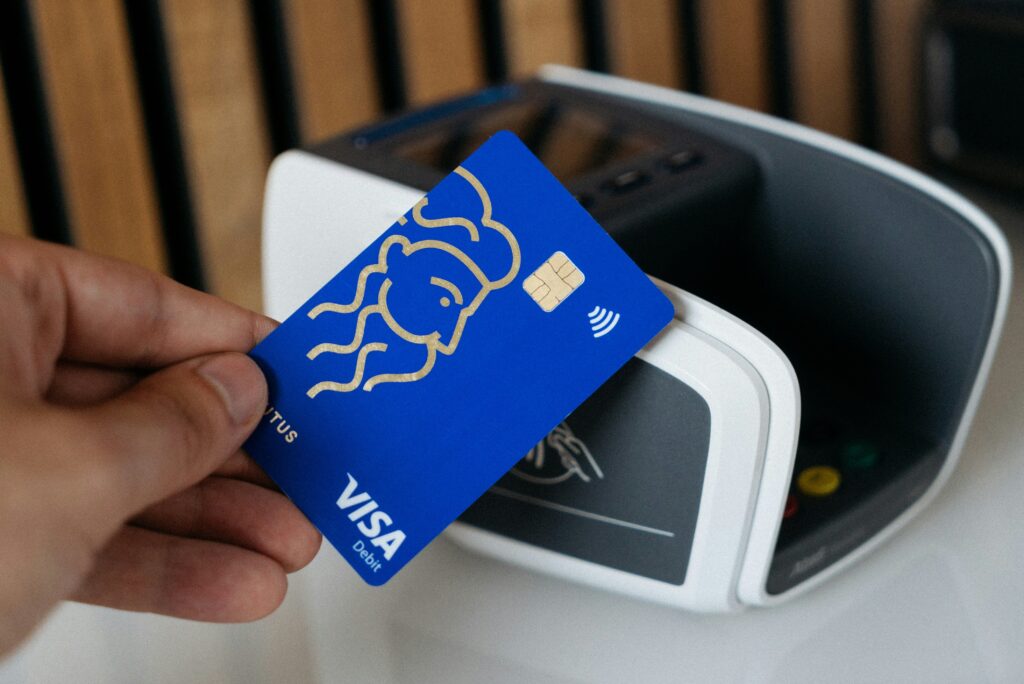ntroduction: The Dream and the Devil
In the cool California morning, the campus of Amazon’s office in Sunnyvale looked like any other tech campus in Silicon Valley—glass walls, coffee shops tucked inside modern lobbies, people with laptops moving briskly between buildings. For Li Wei, a Chinese student who had flown thousands of miles from Wuhan to California, the place symbolized everything he had dreamed of as a teenager: innovation, prestige, and a chance to become part of the world’s most influential industry.
But that morning, Li Wei was not a tourist. He was a candidate. And he was about to face what many international students secretly call “the devilish interview.”
This is the story of Li Wei’s journey—from Amazon to Apple, from one rejection to another hard-earned lesson, from the naive dream of Silicon Valley glory to the sobering reality of tech’s brutal selection process.
It is a story of courage, exhaustion, resilience, and the quiet dignity of a student who learns that the road to success is not just paved with intelligence, but also with endurance.
Part I: The Journey to Silicon Valley
Li Wei had grown up in China as a diligent student, always among the top of his class. His father worked as a mid-level manager in a logistics company, his mother as a high-school teacher. They were not rich, but they invested everything in their only son’s education.
At age 15, Li Wei became fascinated with technology. He spent nights coding on his secondhand laptop, building little apps and posting them on forums. He admired Jack Ma and Elon Musk, but more than anyone, he idolized Silicon Valley engineers—those anonymous geniuses whose names never appeared in headlines but who built the apps, tools, and platforms the world used daily.
When he received admission to a top U.S. university for his master’s degree in computer science, his parents celebrated with tears and pride. For Li Wei, it was more than education—it was a ticket to Silicon Valley.
The first months in America were overwhelming:
- New culture.
- Struggles with spoken English.
- A bank account that seemed to shrink faster than he expected.
- The shadow of visa uncertainty—every international student’s silent nightmare.
Still, he held onto one vision: to land a job at a big tech company. Not just for money, but for validation, for the dream he had nurtured since childhood.
Part II: The First Encounter – Amazon
Li Wei’s first big chance came with Amazon.
He had applied through the online portal like thousands of others. To his surprise, he received a coding test invitation. For a week, he buried himself in LeetCode problems, surviving on instant noodles and coffee.
The test arrived: two medium-hard problems. He finished them, shaky but hopeful.
A week later, the recruiter emailed: “Congratulations, you’ve been selected for phone interviews.”
Li Wei’s heart raced.
The Phone Screen
The first phone screen was brutal.
- The interviewer asked him to design a scalable service for online orders.
- Li Wei stumbled over words, trying to describe data structures in English.
- Twice, the interviewer interrupted: “Be precise.”
At the end, the silence was heavy. “We’ll get back to you,” the interviewer said.
Still, Li Wei advanced. Amazon wanted him onsite.
The Onsite Interview
Four back-to-back rounds. Each room was a new battlefield.
- Coding Round: A graph problem. His fingers shook as he wrote on the whiteboard.
- System Design: Design a messaging service like WhatsApp. The interviewer frowned when Li Wei paused too long.
- Behavioral Questions: Amazon’s infamous Leadership Principles.
- “Tell me about a time you disagreed with a manager.”
- “Tell me about a time you failed.”
Li Wei struggled. In Chinese culture, failure is private. Speaking it aloud felt like exposing weakness.
- Final Round: A smiling senior engineer asked, “Why Amazon?” Li Wei gave the safe, rehearsed answer: “Because I admire the company.” But inside, he wished he had spoken from the heart.
The Aftermath
Two weeks later, an email arrived.
“We regret to inform you…”
Li Wei stared at the screen for hours.
For days, he replayed every mistake: the moment he froze in the system design round, the awkward silence when asked about leadership.
It felt like failure was not just about coding—it was about not belonging.
Part III: The Apple Experience
Months later, another opportunity knocked: Apple.
The process was even more secretive. No clear job description, just an invitation to interview.
At the Cupertino campus, Li Wei marveled at the spaceship-like Apple Park building. Inside, however, there was no glamour—just small conference rooms and serious faces.
The Interview
Apple’s interviewers were different.
- They tested creativity more than algorithms.
- One asked: “If you had unlimited memory, how would you design a phone’s storage system?”
- Another: “What’s the most elegant piece of code you’ve ever written?”
Li Wei felt alive answering these. He spoke of a small app he had built for his mother to track student grades. The interviewer smiled, the first smile he had seen in months of interviews.
But later, in a group interview, Li Wei hesitated when others dominated the conversation. His quietness was misread as weakness.
Rejection Again
A week later: another rejection.
It hurt, but differently. At Amazon, he had felt overwhelmed. At Apple, he felt close, but not enough.
Part IV: Other Giants, Same Story
Li Wei went through Google, Meta, Tesla, and Microsoft interviews.
Each had its own style:
- Google: algorithm puzzles, mathematical precision.
- Meta: fast-paced, chaotic, “move fast” energy.
- Tesla: extreme pressure, “Are you tough enough?” tone.
- Microsoft: more structured, but equally rigorous.
Each ended the same way: a polite rejection email.
Li Wei began calling them “death letters.” His inbox became a graveyard of crushed hopes.
Part V: Cultural Clash & Hidden Challenges
Beyond the coding, Li Wei realized there were unspoken challenges:
- Language Barriers: Explaining algorithms in English under time pressure was harder than solving them.
- Communication Style: American interviews rewarded confidence, storytelling, even humor. In Chinese classrooms, humility and silence had been virtues.
- Visa Sponsorship: Recruiters hinted, sometimes openly, that H-1B sponsorship was a burden. Some interviews ended quickly after he mentioned he needed sponsorship.
It wasn’t just about skill—it was about fitting into a system designed for someone else.
Part VI: Emotional & Psychological Toll
Rejections piled up. Li Wei began doubting himself.
Nights were restless. He avoided calls from his parents, not wanting to admit failure. His roommate found him staring at his laptop one night, whispering, “Maybe I’m not good enough.”
But he pushed on. He joined study groups, practiced mock interviews, even saw a counselor who told him: “Rejection is not the end. It’s redirection.”
Slowly, he rebuilt confidence.
Part VII: The Meaning of the “Devilish Interview”
Li Wei began to see the interviews differently. They were not just about coding. They were about testing the soul.
- Could he stay calm under impossible pressure?
- Could he tell his story authentically?
- Could he fail a hundred times and still show up again?
The “devil” of Silicon Valley interviews was not the company. It was the mirror they held up: forcing candidates to confront their limits.
Conclusion: Beyond Rejection
Years later, Li Wei did land a job—not at Amazon or Apple, but at a mid-sized startup in Palo Alto. The pay was less, but the work was fulfilling.
Looking back, he no longer saw the interviews as failures. They were rites of passage, shaping him into someone tougher, clearer, and more resilient.
When he told younger students about his journey, he always said:




